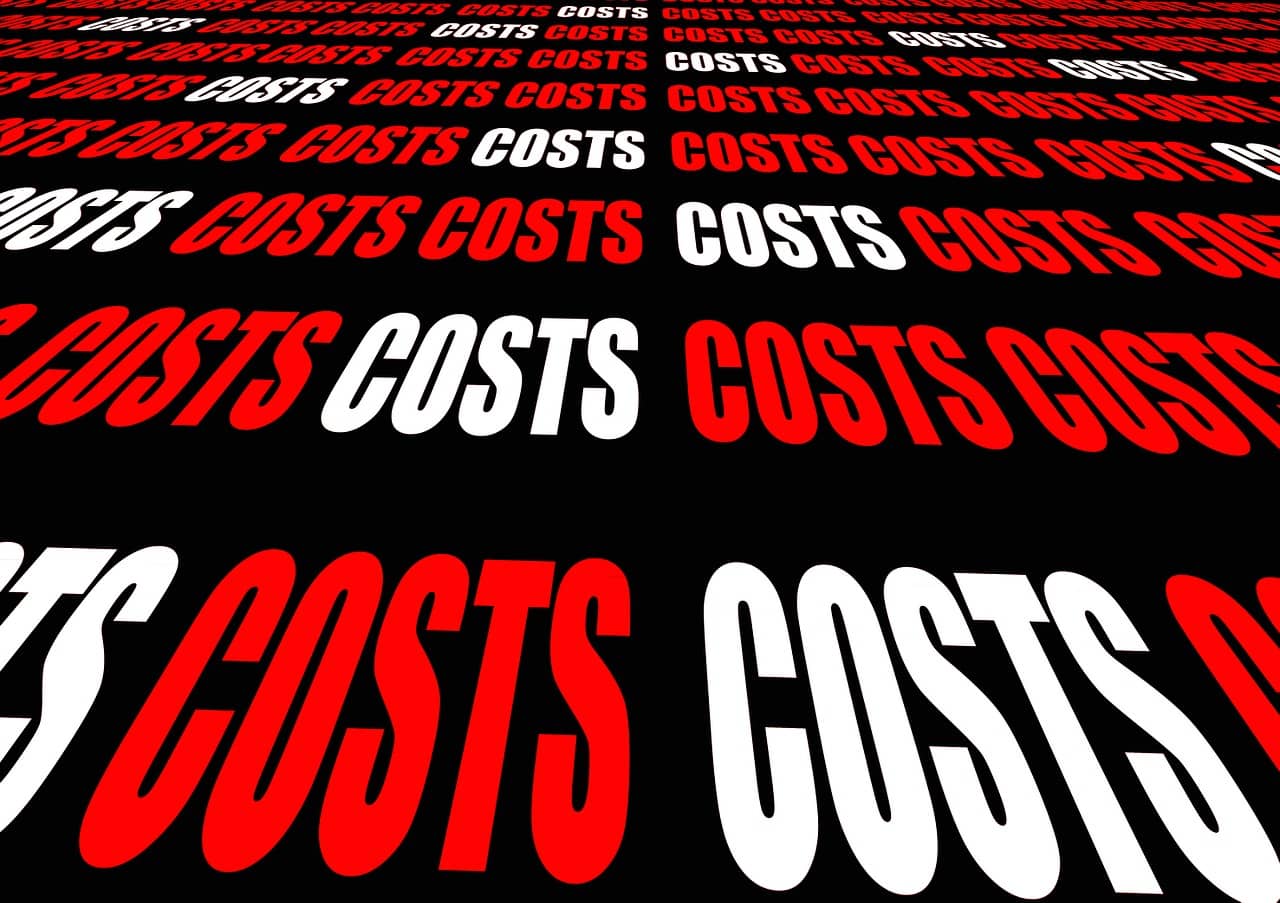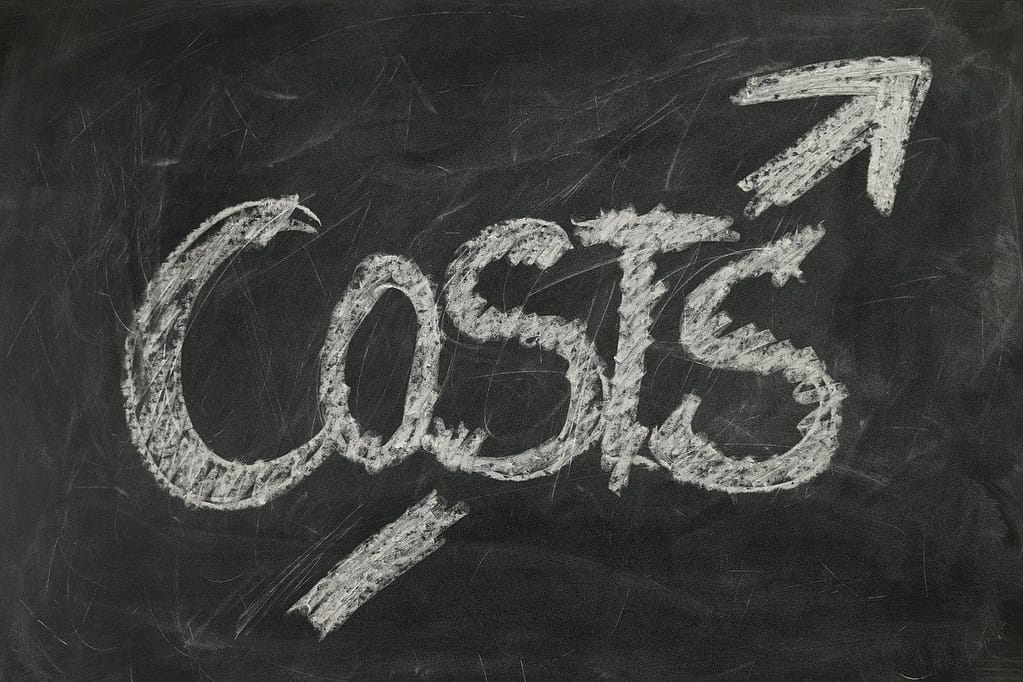How Much Does it Really Cost to Start an Online Business in South Africa? (2025 Realistic Breakdown)

“Start an online business for next to nothing!” You’ve probably heard it, seen the ads, or read the guru posts. The allure of ditching the 9-to-5 for a digital empire built on a shoestring budget is powerful, especially in South Africa where entrepreneurial spirit is high.
But let’s hit the pause button on the “almost free” dream for a moment. While starting online is often significantly more affordable than a traditional brick-and-mortar setup, “low cost” doesn’t mean “no cost.” Understanding the real, tangible expenses involved is crucial for planning, budgeting, and ultimately, setting your venture up for success rather than financial surprise.
So, if you’re seriously considering launching your online business in South Africa in 2025, what financial realities should you prepare for? Forget the vague promises – let’s break down the potential costs you’ll likely encounter.
This guide is for: Aspiring South African online entrepreneurs who need a realistic picture of the startup investment required. We’ll cover the essential (and sometimes overlooked) cost categories.
Our Goal: To provide a clear, practical breakdown of potential expenses, helping you budget effectively and move forward with confidence.
Core Cost Categories: What to Budget For

The exact amount you’ll spend depends heavily on your specific business model (e.g., selling services vs. physical products), your tech choices, and how much you can bootstrap versus outsource. However, most online startups in SA will need to consider these areas:
1. Business Foundation & Setup Costs:
- Business Registration (CIPC):
- Sole Proprietor: Technically no registration fee, but you operate under your own name. Consider registering a defensive name if needed (small fee).
- Private Company (Pty) Ltd: Offers liability protection. Expect CIPC registration fees (around R175 – R500, potentially more if using a service). Budget estimate: R0 – R500+
- Domain Name: Your website address (e.g., yourbusiness.co.za). .co.za domains are typically affordable. Budget estimate: R70 – R200 per year.
- Website Platform / Hosting: This is where your online store or site lives. Options vary widely:
- All-in-One Builders (Shopify, Wix, Squarespace, Local options like Shopstar): Monthly subscription fees. Budget estimate: R300 – R1500+ per month, depending on the plan.
- Self-Hosted (WordPress.org + Hosting): Requires buying hosting separately. Budget estimate: R100 – R500+ per month for reliable hosting. Often involves more setup work but can be cheaper long-term.
- Professional Email Address: (e.g., yourname@yourbusiness.co.za). Often included with hosting or available via Google Workspace/Microsoft 365. Budget estimate: R0 (if included) – R100 per user/month.
2. Essential Tools & Software:
- Design & Branding: Logo, website visuals. You can DIY with tools like Canva (free/paid), but professional design costs vary. Budget estimate: R0 (DIY) – R5000+ (professional logo/basic branding).
- Productivity Software: Office suite (Google Workspace/Microsoft 365 have free/paid tiers), project management tools (Trello, Asana have free tiers). Budget estimate: Often R0 to start.
- Marketing Software: Email marketing (Mailchimp, Sendinblue have free tiers for small lists), social media scheduling (Buffer, Hootsuite have free/paid tiers). Budget estimate: R0 – R500+ per month as you scale.
3. Inventory & Product Costs (Highly Variable!):
- E-commerce (Selling Physical Products):
- Holding Stock: Your biggest potential upfront cost. Requires purchasing inventory. Budget estimate: R5,000 – R100,000+, highly dependent on product type and quantity.
- Dropshipping: No direct inventory cost, BUT you need funds for your website platform, marketing/ads to get sales, and potentially placing test orders. Budget estimate: Focus on platform/marketing costs (see other sections).
- Service-Based Business: Minimal product cost. May involve costs for specific software, certifications, or equipment related to your service. Budget estimate: R0 – R5000+.
- Content Creation/Digital Products: Costs might include camera/microphone equipment, editing software subscriptions (Adobe Creative Cloud, etc.), course hosting platforms. Budget estimate: R500 – R15,000+ depending on quality needs.
4. Marketing & Advertising Budget:
- Crucial for Visibility: You need to tell people you exist! Even organic methods take time/effort.
- Paid Advertising (Facebook, Instagram, Google Ads): Essential for faster traction for many. Start small and scale. Budget estimate: R500 – R5000+ per month to start testing effectively.
- Content Creation: Blog posts, videos, social media content (can be DIY time investment or outsourced).
- SEO (Search Engine Optimization): Can be DIY (time-intensive learning curve) or agency/freelancer fees. Budget estimate: R0 (DIY) – R5000+ per month (agency).
5. Operational & Running Costs:
- Payment Gateway Fees: How you accept online payments (PayFast, Yoco, PayGate, Ozow, Stripe). They charge a percentage per transaction. Budget estimate: ~2.5% – 3.5% + small fixed fee per transaction. (Factor this into pricing!)
- Internet & Data: Essential for running an online business. Budget estimate: R300 – R1000+ per month depending on your plan/needs.
- Loadshedding Mitigation: A real South African cost! UPS for router/laptop, potentially an inverter or generator for longer outages. Budget estimate: R1000 (basic UPS) – R20,000+ (inverter setup).
- Banking Fees: Business bank account fees. Budget estimate: R50 – R300+ per month.
- Packaging & Shipping Supplies (if applicable): For e-commerce businesses holding stock. Budget estimate: Variable, factor per order.
6. Compliance & Professional Fees:
- Accounting/Bookkeeping: Software (e.g., Sage, Xero) or hiring a professional. Crucial for SARS compliance. Budget estimate: R150 – R500+ per month (software) or R1000+ per month (bookkeeper).
- Legal Advice: Drafting Terms & Conditions, Privacy Policy (POPIA compliance is key!). Templates exist, but professional review is recommended. Budget estimate: R0 (templates – use with caution) – R5000+ (lawyer).
Putting it Together: Estimated Startup Ranges (2025 ZAR)
Okay, let’s attempt some very rough ballpark figures. These are estimates and your actual costs could be significantly different.

- Lean Startup (Service-Based/Dropshipping – Heavy DIY):
- Focus: Minimal tools, free software tiers, DIY marketing/design, Sole Prop.
- Estimated Upfront (First 1-3 Months): R1,500 – R7,000+ (Covers domain, basic hosting/platform, potential UPS, initial small ad tests, registration if Pty Ltd).
- Estimated Monthly Running Costs (Ongoing): R500 – R2,500+ (Platform fees, basic tools, internet, transaction fees).
- Mid-Range Startup (E-commerce with Small Stock/More Tools):
- Focus: Paid platform, some professional design/tools, initial inventory, moderate ad spend, Pty Ltd registration.
- Estimated Upfront (First 1-3 Months): R10,000 – R50,000+ (Includes inventory, platform setup, marketing launch, registration, basic backup power).
- Estimated Monthly Running Costs (Ongoing): R2,000 – R8,000+ (Platform, tools, ongoing marketing, inventory replenishment, transaction fees).
- Higher Investment Startup (Larger Inventory/Custom Site/Outsourcing):
- Focus: Significant inventory, custom website development, professional marketing/SEO, robust software, outsourcing tasks.
- Estimated Upfront (First 1-3 Months): R50,000 – R150,000+
- Estimated Monthly Running Costs (Ongoing): R8,000 – R25,000+
Tips for Keeping Costs Down (Especially Initially)
- Start Lean: Choose a business model with lower upfront costs if possible (services, dropshipping, print-on-demand).
- Leverage Free Tiers: Use free versions of software (Canva, Mailchimp, Trello) until you need to scale.
- DIY Where Possible (But Value Your Time): Handle social media, basic design, content creation yourself initially.
- Barter or Collaborate: Trade skills with other small business owners.
- Focus on Organic Marketing: Invest time in SEO, content marketing, and building an email list before heavily investing in ads.
- Start Small, Then Scale: Don’t buy huge inventory or the most expensive software plan on day one. Validate your idea first.
Conclusion: It’s An Investment, Not Magic
Starting an online business in South Africa in 2025 is absolutely achievable and holds immense potential. However, it requires a realistic financial plan. While potentially cheaper than traditional retail, it’s not free.
By understanding these potential cost categories, budgeting carefully, and starting lean where possible, you can navigate the financial aspects effectively. Treat it as the serious investment it is, plan accordingly, and you’ll be far better positioned to build a sustainable and successful online venture in the vibrant South African digital landscape.
Choosing Your Online Store Platform in South Africa: Shopify vs. WooCommerce